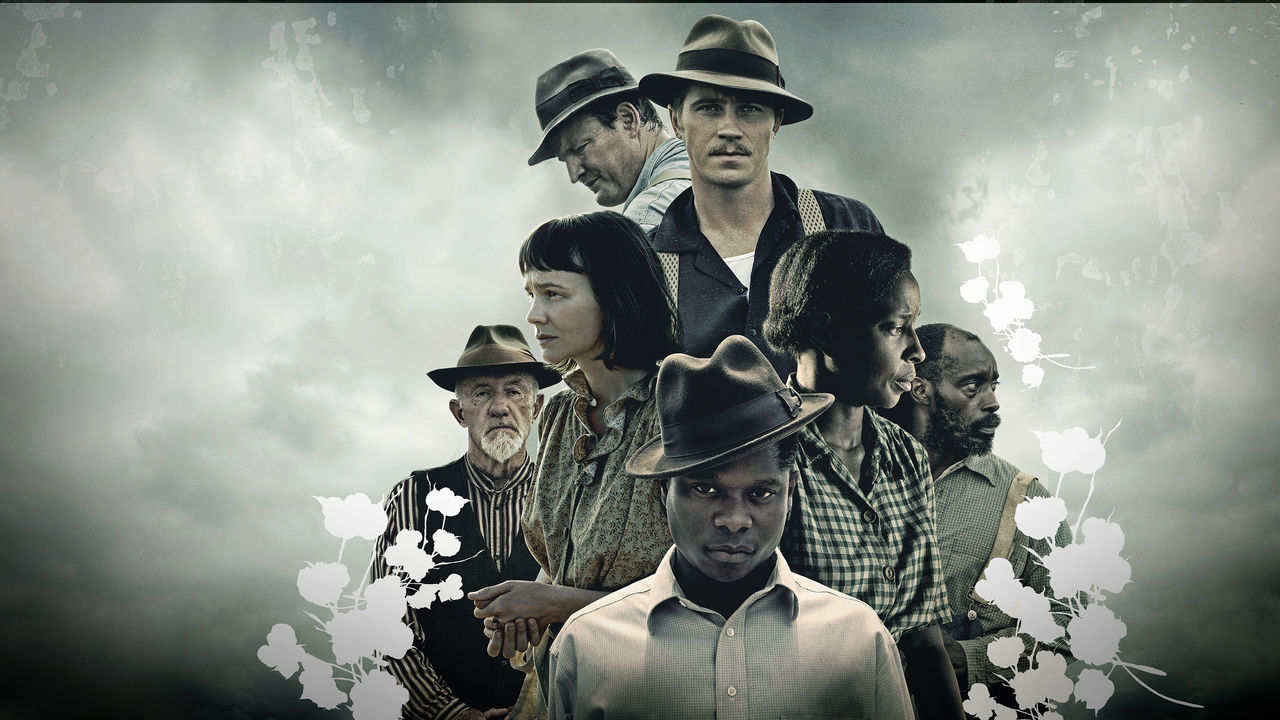The Mill Valley Film Fest (MVFF), celebrated its 40th anniversary this weekend, wrapping up the festivities yesterday.
MVFF featured a number of high-profile premieres, renowned festival titles, panels and master classes, and visits from assorted indie luminaries like Great Gerwig, Todd Haynes, Dee Rees, Richard Linklater, and more. The festival’s star continues to rise, despite being somewhat tucked away in the North Bay, and it all sounds like great fun.
I went to none of those things! However, I did manage to check out some of the smaller titles in the MVFF programming, along with Rees’ more high-profile Mudbound. Here are some highlights.
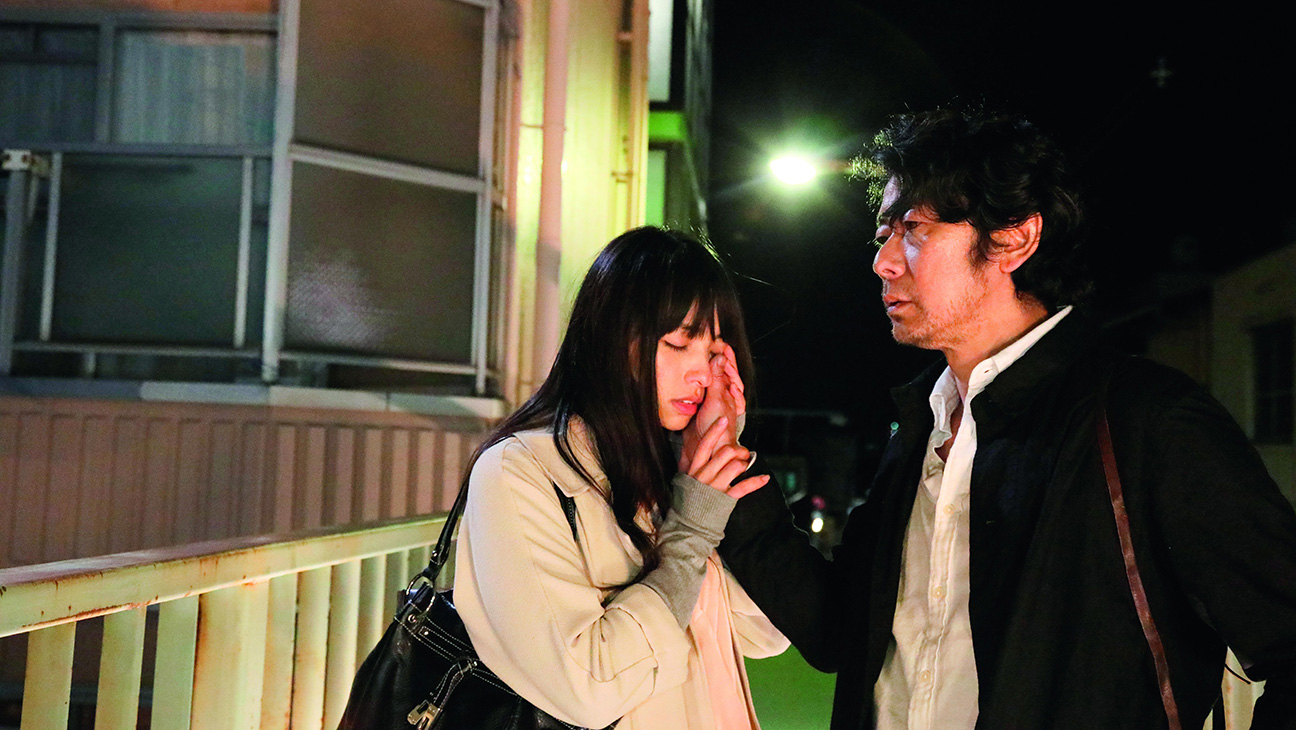
The basic plot summary — a famous photographer loses his sight and learns to love again through the kindness of a visual interpreter of cinema — is a catalog of pitfall sentimentalities, and Radiance finds itself mired in a few. But Naomi Kawase‘s film makes a wise choice in focusing on Ayame Misaki‘s Misako rather than Masatoshi Nagase‘s tortured Mr. Nakamori, avoiding the “haven’t we seen this movie before?” sense Radiance initially conveys.
Misako’s commitment to faithfully reproducing in spoken language the images she experiences is heartfelt, and the film never shies away from the gaps, physical and emotional, that divide experience. As Notes on Blindness demonstrated a few years back, the notion of auditory cinema is rife with possibility, forcing us to confront what it is we expect from art and imagination in the first place, what movies are for. Radiance doesn’t shine much light on its own themes, and Misako’s statement that “movies should be about hope” wins out to an unearned degree, but there’s plenty to recommend here. The quality of Kawase’s films will probably remain a subject of some debate, but Misaki is especially convincing in a debut feature role.
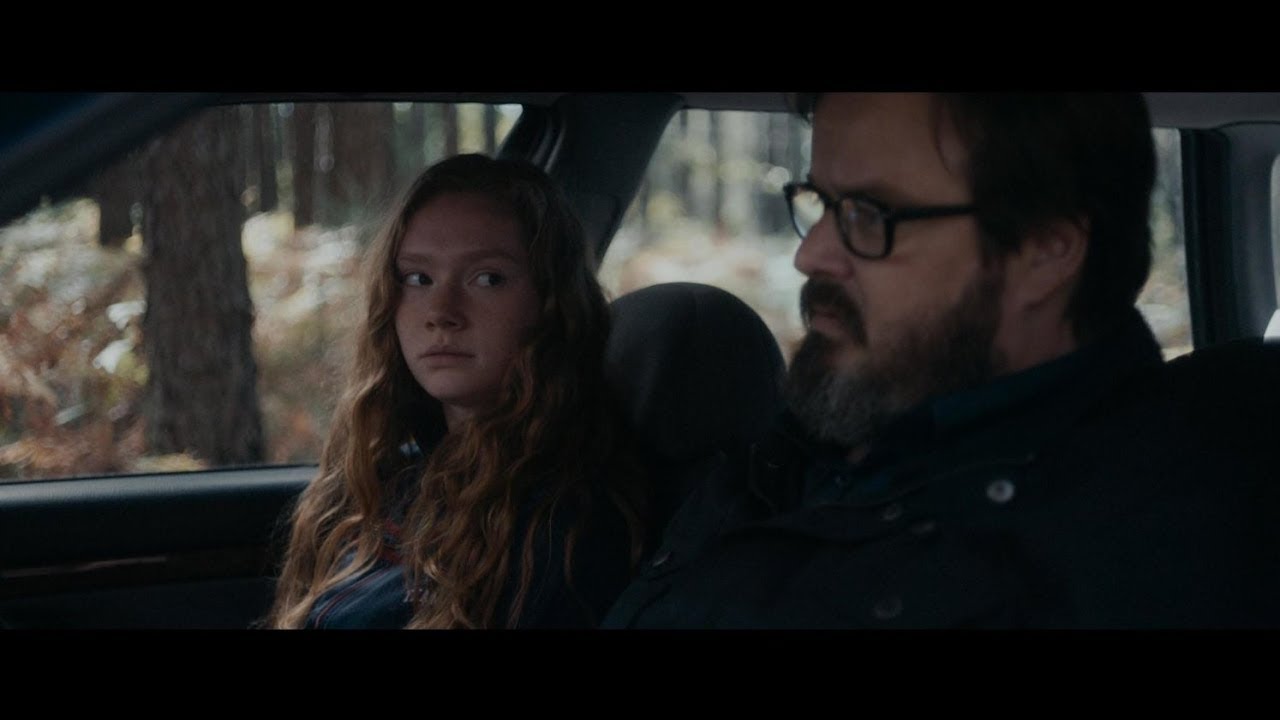
A quietly gripping MVFF U.S. premiere, After The War is tragic in structure, about the sins of the father being be visited on his children (or, in this case, basically everyone around him). Annarita Zambrano’s examines a little-known period when the French government under Mitterand granted asylum to former Italian radicals, essentially, for a number of complicated geopolitical reasons, harboring left-wing militants who had carried out acts of violence in the preceding years.
The policy was effectively rescinded 20 years after its establishment, leaving folks like Marco (Giuseppe Battiston) in a precarious position: having raised his daughter Viola (first-timer Charlotte Cétaire, the stand-out in After The War) in France, he now faces extradition or once again going underground two decades after his failed revolution.
Zambrano‘s narrative is nuanced, but the film seems to assume a pretty deep familiarity with the period and its complications, and the character of Marco is never treated as more than a tyrant. We don’t even get a real sense of his politics, apart from hating “the barons” and bearing a well-earned grudge against the police state. The rest of the cast fares better, as we watch the ways his long-forgotten actions spiral out into the lives of his extended family.
Cétaire is utterly believable as a bewildered teenager caught between a revolution she doesn’t remember and a future she can’t envision, sneaking off to drink beer with boys by the water while also acquiring fake passports from underground former allies. Everything wraps up too tidily, but as a character study and an excavation of a particularly fraught legacy, After The War succeeds.
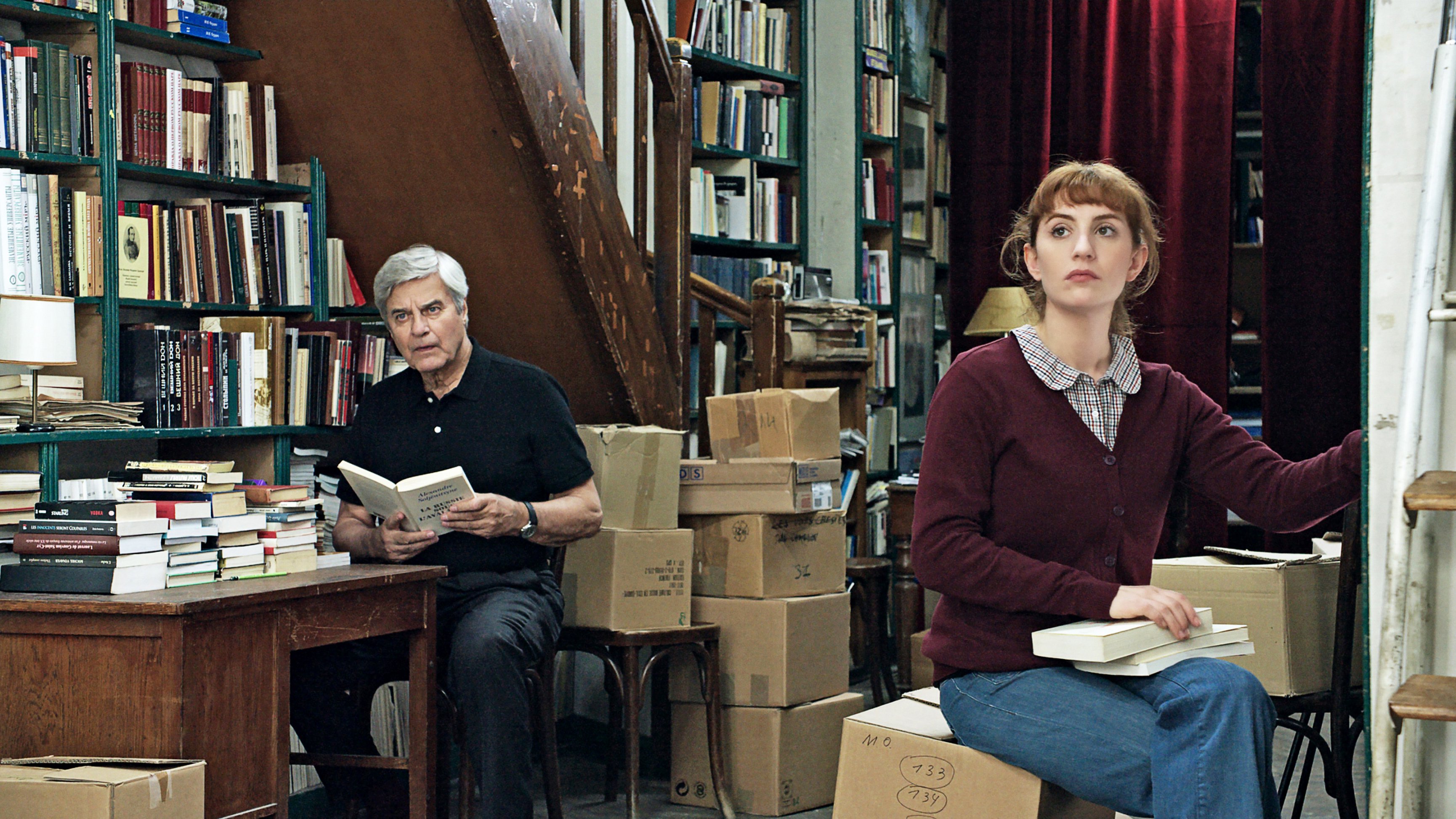
Lolita Chammah (daughter of the great Isabelle Huppert) stars as a new-to-Paris dreamer. She moves out of her rented flat where her friend is constantly having sex, and lands in a used bookstore with a mysterious older grouch. They quote literature to each other, and she walks thoughtfully along bridges at sunset. Sometimes, birds just fall from the sky. Transitions are often accomplished with pinhole fades. The word Drôle is in the original title.
You already know if you’re going to see this.
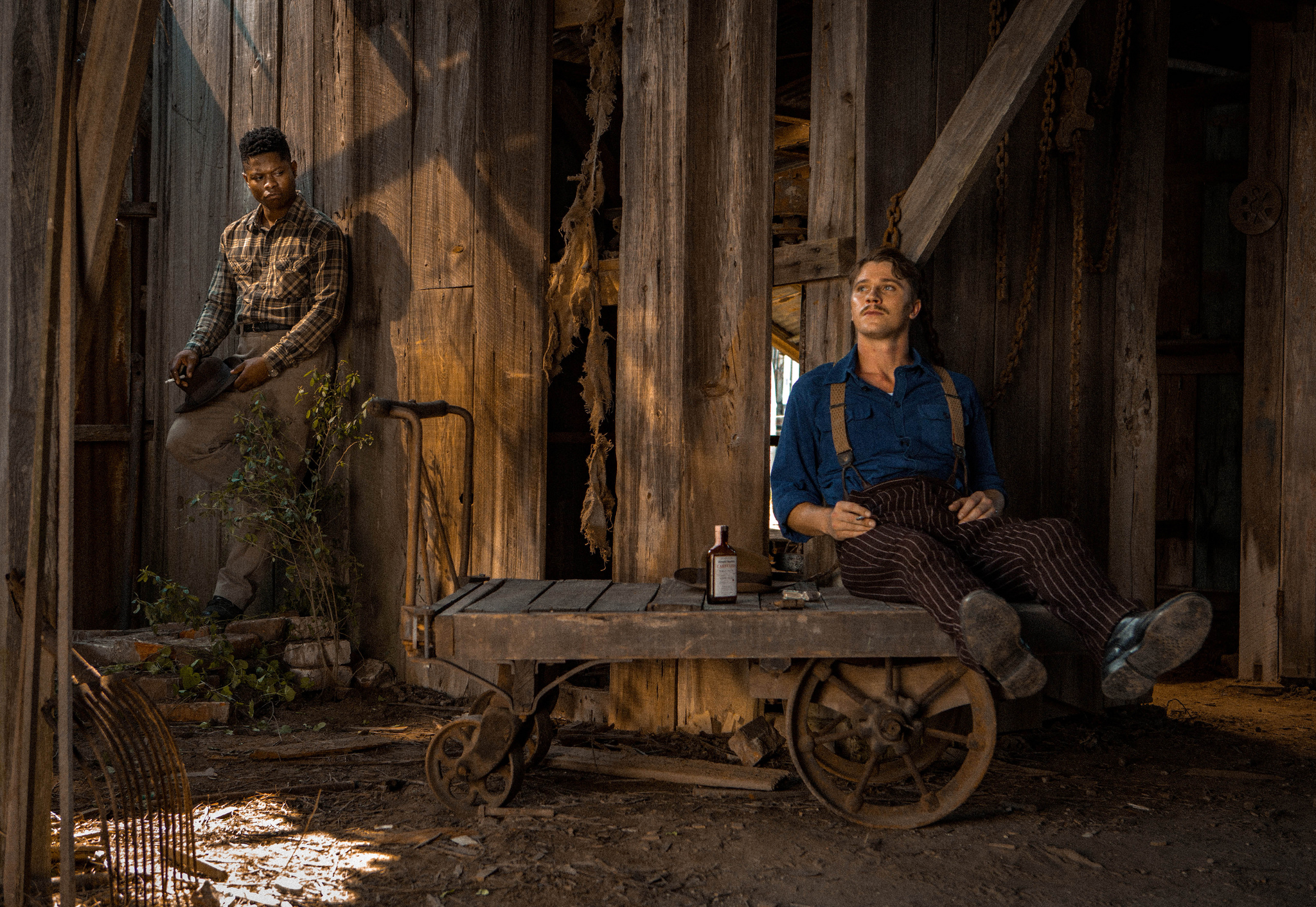
Dee Rees‘ Mudbound is well-meaning, sprawlingly epic in scope, urgent in theme, deeply attuned to nuance, and brimming with confident performances and luminous photography. It’s also somehow lifeless.
Adapted from Hilary Jordan’s novel of the same name, Mudbound tells the intertwined stories of a white family returning to a plot of land in the Mississippi Delta and the Black sharecropper family who works it while aspiring to some kind of land ownership. Rees’ direction emphasizes the dire poverty with a huge amount of empathy and, aside from the Klan-affiliated monsters who populate the nearby village, charitably presents an array of personal dilemmas against the backdrop of intractable history.
The main problem with Mudbound arises from its split narration: in a web of voiceover, we hear from increasingly miserable Laura McAllen (Carey Mulligan), her stolid husband Garrett (Garrett Hedlund), Garrett’s dissolute but noble brother Harry (Jason Clarke), the preacher/patriarch of the Black family Hap Jackson (Rob Morgan), his wife Florence (Mary J. Blige), and their war hero son, Ronsel (Jason Mitchell), whose friendship with former veteran Harry will lead to disaster. That’s … a lot.
Too much. Perhaps on the page, these blended monologues work, but it becomes muddled on screen. The beauty, terror, and ambivalence of the images can’t prop them up, and we’re tossed around. Perhaps this is intentional on Rees’ part — the past, as Faulkner wrote, not even being past — and an avalanche of subjectivities definitely undermines the interminably Serious Narrative Structures we usually get from such period pieces.
But Rees keeps her distance, even in close confines and in moments that should resonate more personally. There’s something studied and mannered about Mudbound, despite all the grit and grime and violence. It’s especially surprising, given the energy she previously brought to Pariah. No one would suggest this vision of sharecropping economics and poverty logic should echo the manic movement of that film, but it’s really the polar opposite in terms of tone and pacing. Mudbound is 134 minutes, long by MVFF standards, and you can feel almost every one of them.
Still, it’s filled with startling moments and extremely strong turns from the entire cast. Rees lays some metaphors on thick — burying a virulent racist in a slave grave isn’t exactly subtle — but there’s beauty here, too, amid all my objections. And if it ends in a flourish of hope — close to eye-rollingly so, even if the moment is appropriately tempered by sorrow — maybe that’s alright. Maybe that’s something we need to see right now anyway, and it’s to MVFF’s credit to feature it so prominently in the programming.

